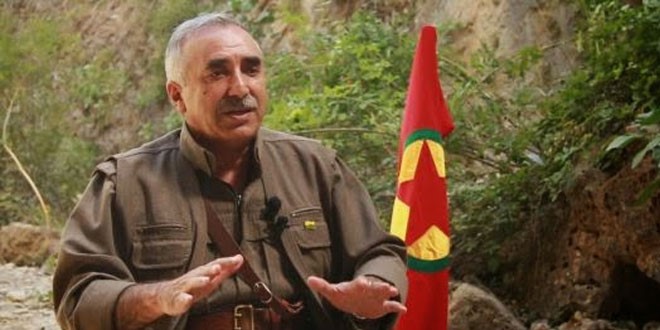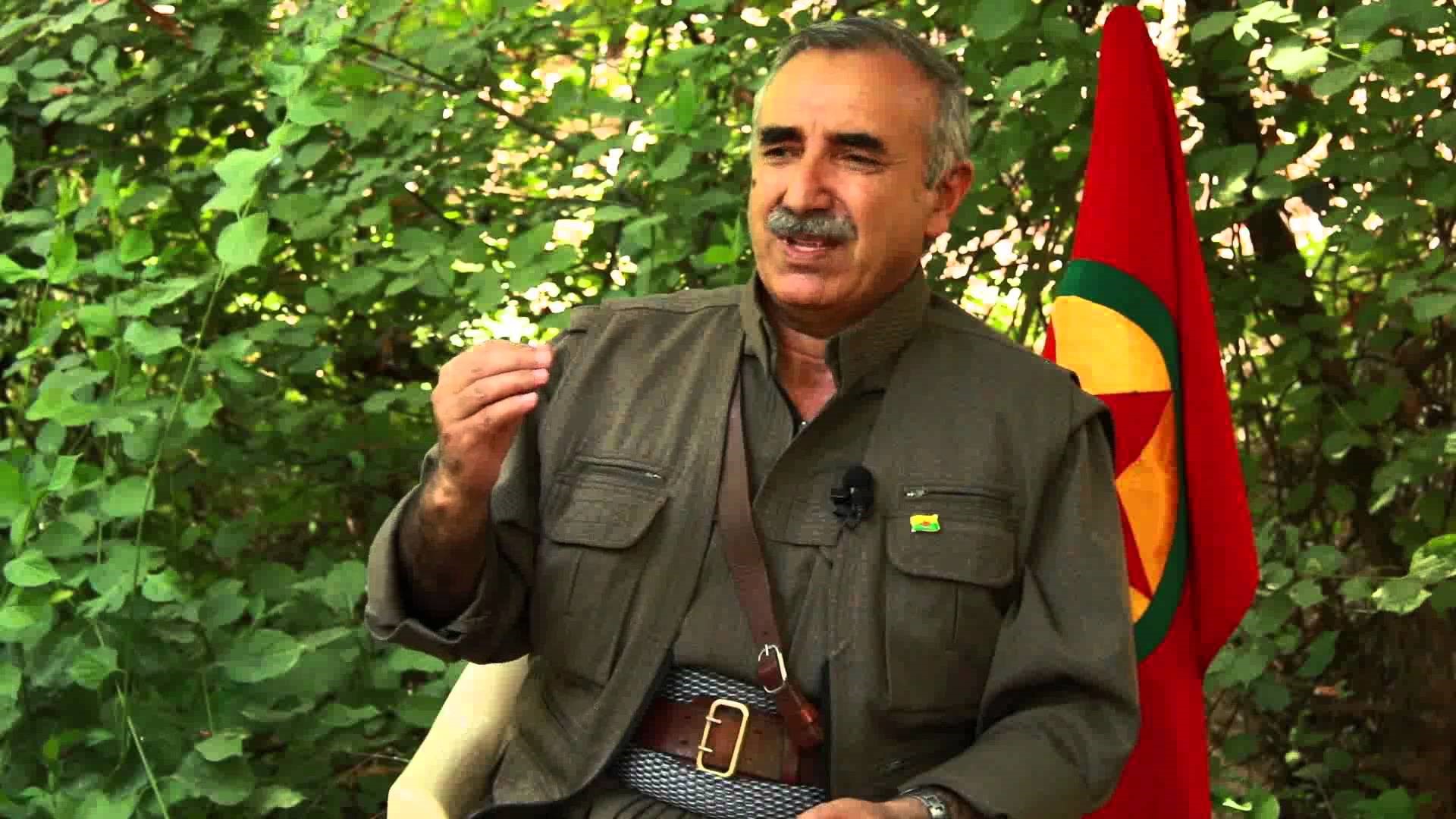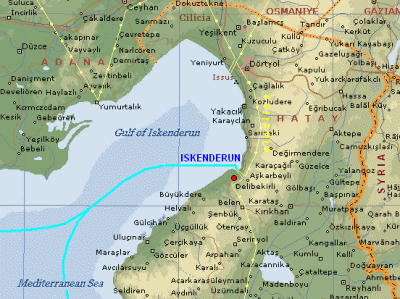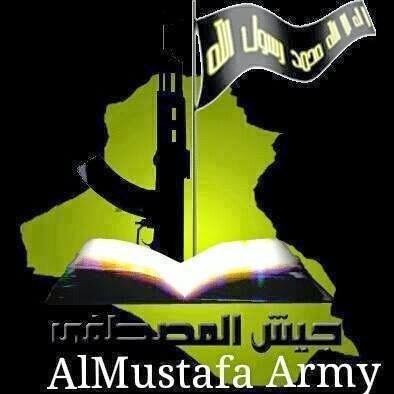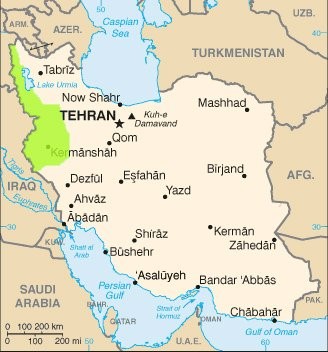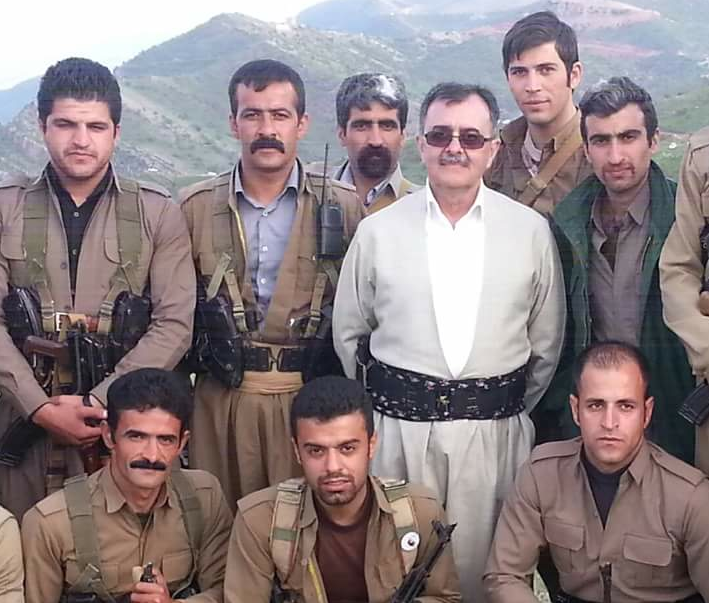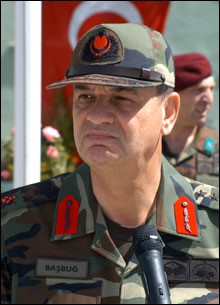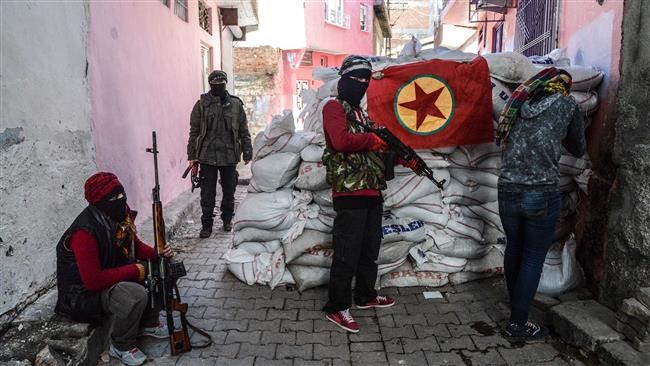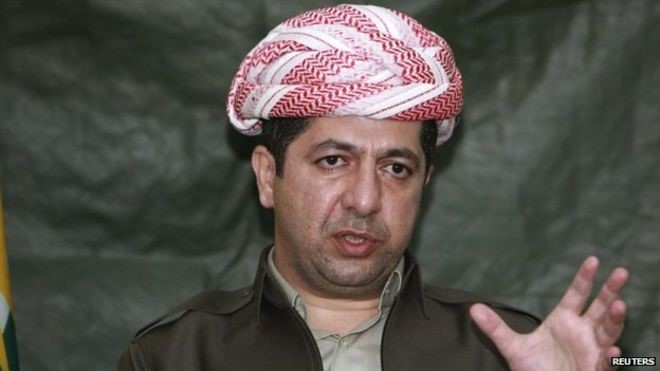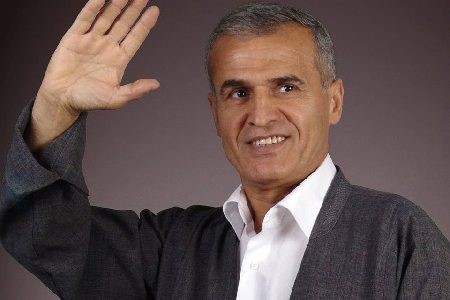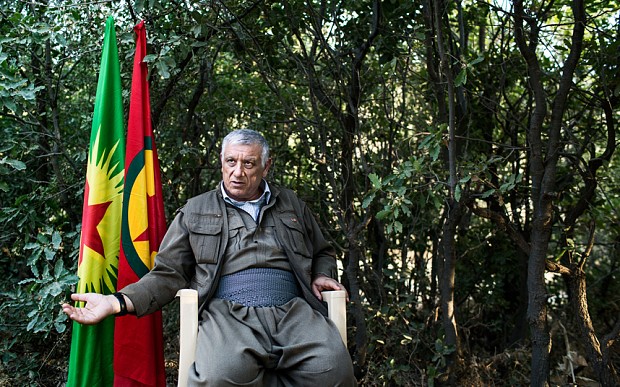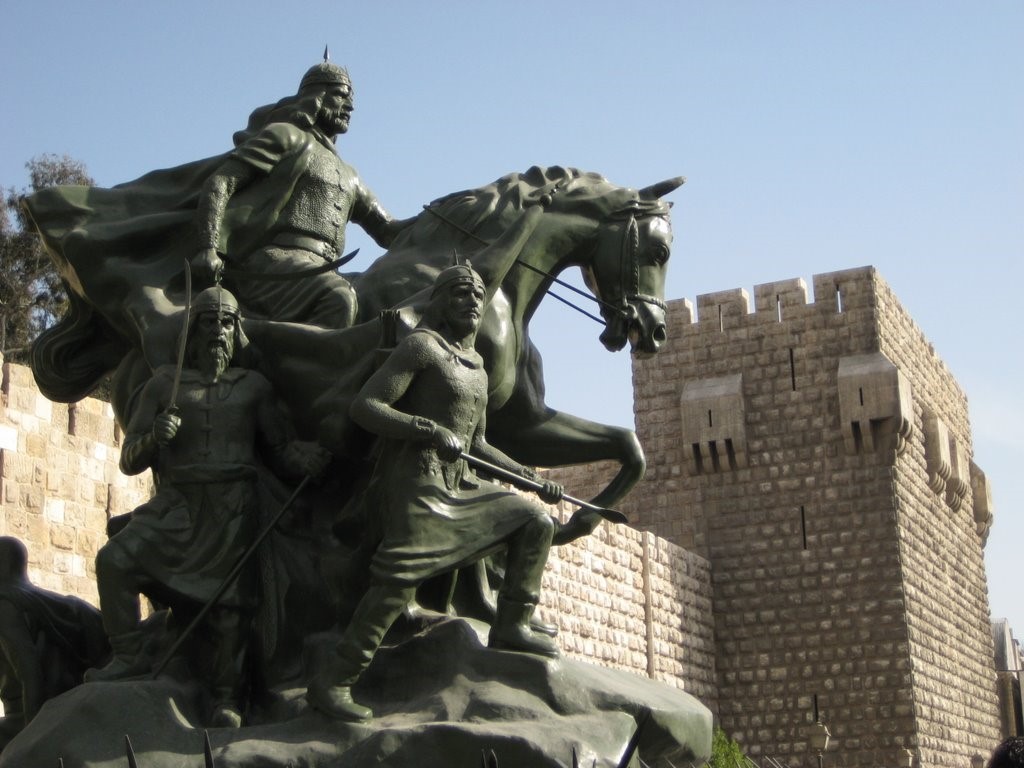Andrew McGregor
April 18, 2014
Baghdad is worried about the political and economic consequences that could follow energy sales conducted independently of the central government, which insists it still has the right to control all Iraqi oil sales and the distribution of energy revenues according to the Iraqi constitution. The administration of Kurdish northern Iraq, the Kurdistan Regional Government (KRG), interprets the constitution differently, claiming it has the right to sell oil without the consent of the central government in Baghdad. According to Iraqi deputy prime minister Hussein al-Shahristani, “The most prominent challenge is that we have not reached a national agreement to extract and market oil from all of Iraq’s territory… We have a grey area – we do not know how much oil the [Kurdistan] region is extracting, what price they are selling at and where the revenue goes” (Fars News Agency [Tehran], April 14). With the KRG now pumping oil directly to Turkey through a converted gas pipeline and the central government withholding budget transfers to the north, there is still some optimism that Baghdad and Erbil will come to a mutually profitable agreement to avoid economic and political collapse.
Iraqi prime minister Nuri al-Maliki is determined to assert Baghdad’s control over national oil revenues and is resolutely opposed to Kurdish attempts to make their own deals with foreign consumers like Turkey (al-Sharq al-Awsat, April 8). To enforce the central government’s role, al-Maliki’s government suspended Kurdistan’s annual budget allocation – a loss of billions of dollars to a government that may be pumping oil, but is not yet making any money from it due to Baghdad’s threats to launch legal action against anyone purchasing oil it considers to have been “smuggled” from Iraq.
After signing six energy contracts with Turkey in December, KRG authorities opened the flow of crude oil through a new pipeline to the Turkish port of Ceyhan in late December 2013 (Xinhua, January 2). Shipping 300,000 bpd through the pipeline to start, the oil is being stored for now at the Ceyhan terminal rather than being sold and shipped abroad as Turkey refuses to allow its sale without Baghdad’s approval.
Genel Energy Operations in Northern Iraq
The new pipeline (actually a converted natural gas pipeline) connects the Taq Taq oilfield operated by Anglo-Turkish Genel Energy to the Kirkuk-Ceyhan pipeline at the Fishkabur pumping station near the Kurdish border, thus bypassing the regions affected by sabotage on the Baghdad-controlled Kirkuk-Ceyhan line and enabling the KRG to stop the piecemeal export of oil by tanker truck (Reuters, April 17). The KRG announced plans in October 2013 to build a second pipeline to Turkey within two years that will ship a million bpd to Turkey (Bloomberg, November 8).
Turkey has proposed that revenues from the sale of oil shipped through this proposed pipeline and the existing pipeline that opened in January be handled by a Turkish state bank that will distribute funds according to the formula in the Iraqi constitution that calls for an 83 percent share to Iraq’s central government and a 17 percent share to the KRG (Xinhua, January 2; Rudaw, February 12, 2013). Turkey has emphasized its wish to conduct all such dealings with transparency, but Baghdad still favors full control over oil exports with revenues being deposited to the Development Fund for Iraq account in New York, as is the current practice. Ankara’s role in allowing shipments of Kurdistan-sourced oil to Turkish facilities without the consent of the Baghdad government indicates Turkey’s eagerness to diversify its energy sources (particularly its strategically dangerous overreliance on Russian natural gas) and its intention of pursuing a deepening economic relationship with Iraqi Kurdistan that has both economic and security payoffs.
Baghdad’s suspension of government transfers to Kurdistan to punish its independent oil policy brought an angry response from KRG president Masoud Barzani earlier this month:
I consider depriving the Kurdistan Region of means of livelihood to be a declaration of war. It could be a crime that is worse and more dangerous than shelling Halabjah with chemical weapons. We will wait for the outcome of [U.S.] mediation, but I say for sure that the region will not remain silent on this measure if it continues and will not stand idly by. We have a program and a plan that we will implement (al-Hayat, April 5).
In a recent meeting with the head of the Democratic Socialist Group in the EU parliament, President Barzani maintained that the main problem in Iraq was not the oil issue or the failure to pass a national budget, but was rather Baghdad’s insistence on making the Kurds “followers” rather than “partners” (National Iraqi News Agency, April 7). Kurdistan’s economic security adviser, Biwa Khansi, warned that further delays in oil shipments to Turkey would “negatively affect economic relations between Iraq and Turkey” as well as threatening development projects and the ability to form a workable state budget (National Iraqi News Agency [Baghdad], April 12).
Oil flow through the main Kirkuk-Ceyhan pipeline ceased on March 2, when suspected Islamist militants blew up part of the line in the Ayn al-Jahash desert of northwestern Iraq, a region where anti-government Sunni militants are active. Since then, saboteurs have struck the line three more times and have mounted deadly attacks on repair crews sent to fix the damage (Hurriyet [Istanbul], April 1). Military escorts have failed to prevent such attacks and there is little reason to believe Iraqi claims that the pipeline will be back in action within days (Reuters, April 10). Controlled by the Iraqi central government, the Kirkuk to Ceyhan pipeline carries about 20% of Iraq’s total oil exports. Nineveh governor Ethel al-Nujaifi admitted that security forces in his governorate were “powerless” to provide the protection necessary to enable repair crews to bring the pipeline to Turkey back on-line (Zawya [Dubai], April 13). Baghdad is looking to export over one million bpd through the Kirkuk-Ceyhan pipeline by the end of the year and is also looking to build a new 200 kilometer pipeline to Turkey to help expand exports (al-Arabiya, April 9).
This article first appeared in the April 18, 2014 issue of the Jamestown Foundation’s Terrorism Monitor.

